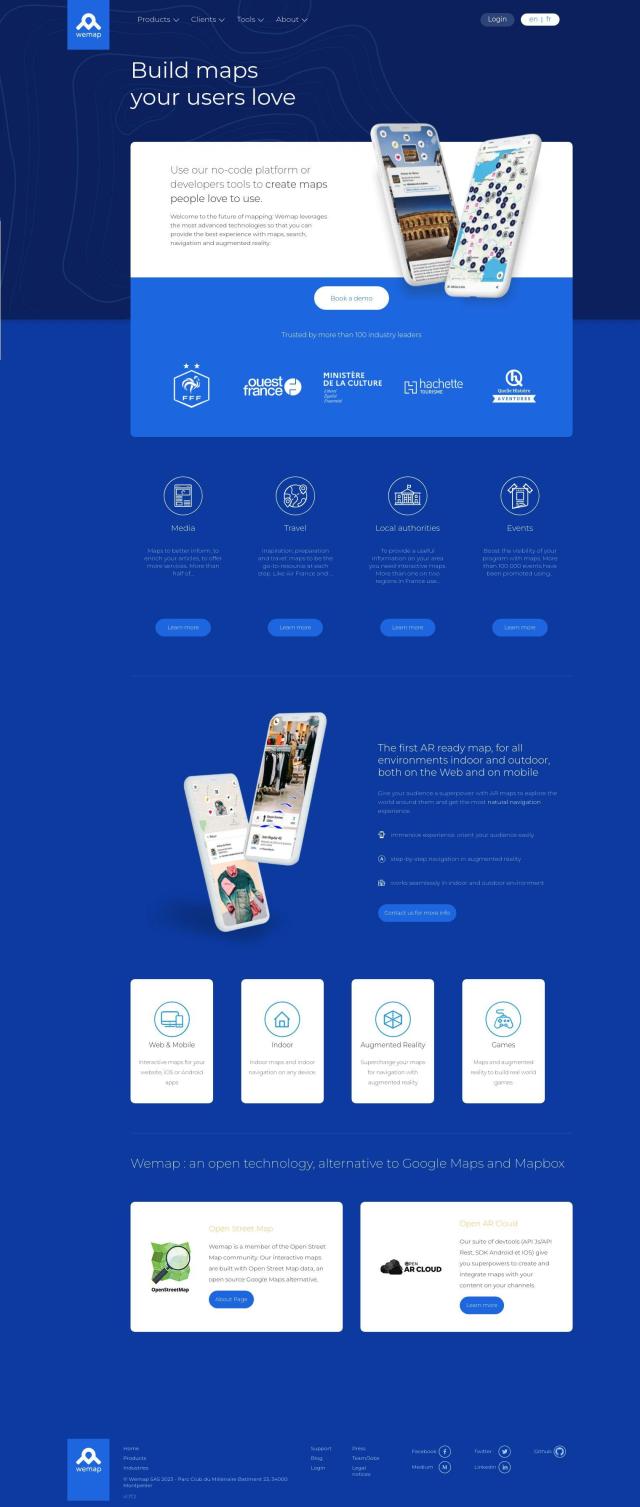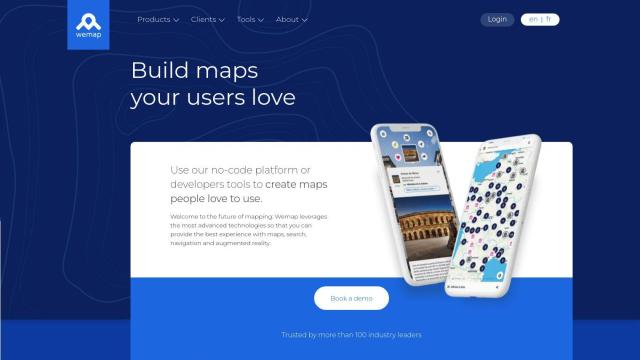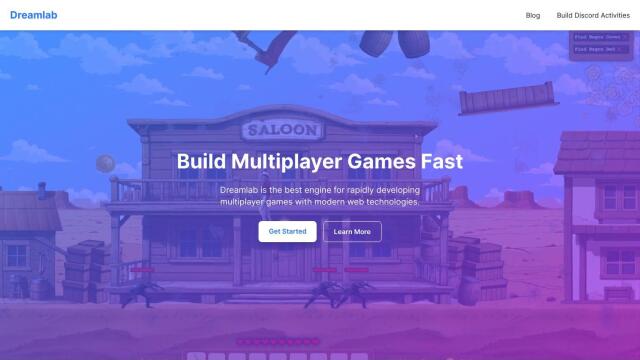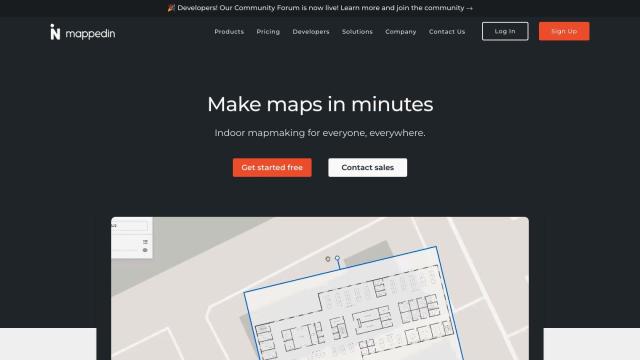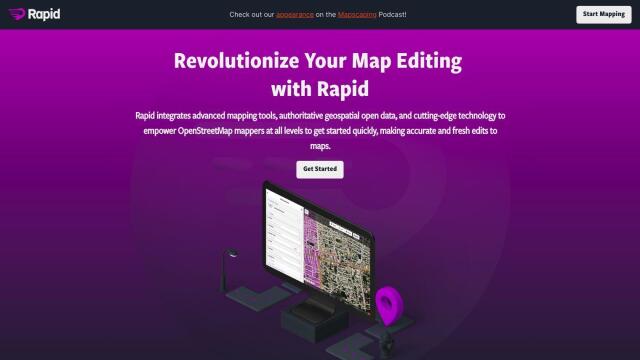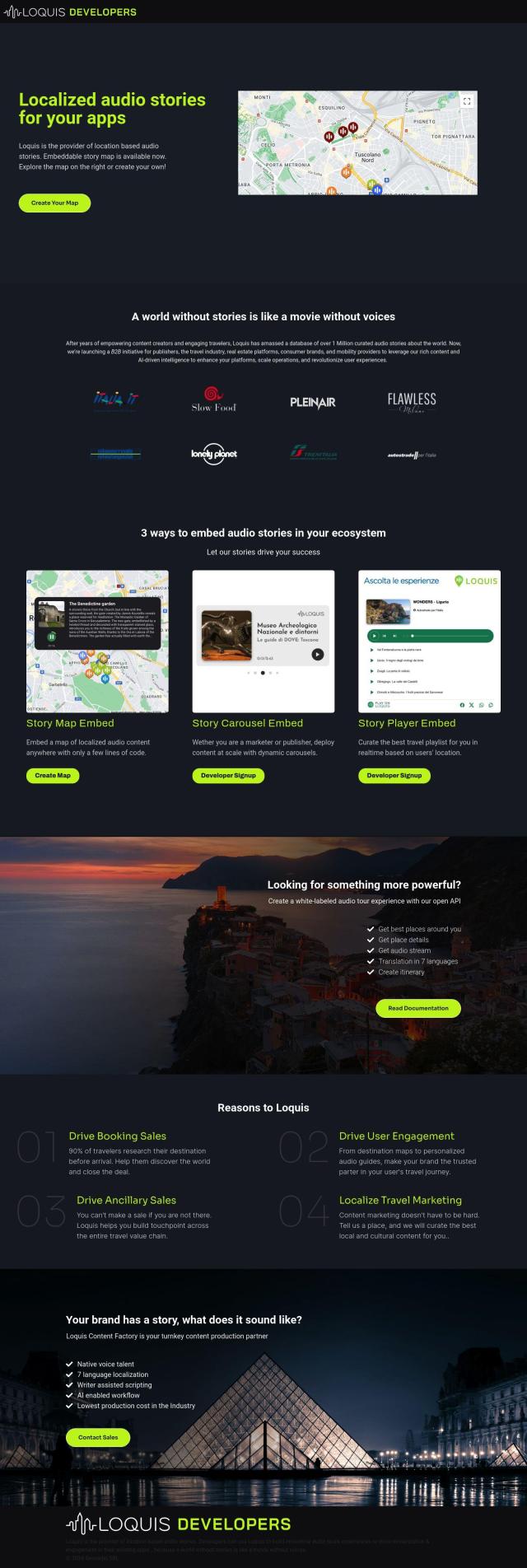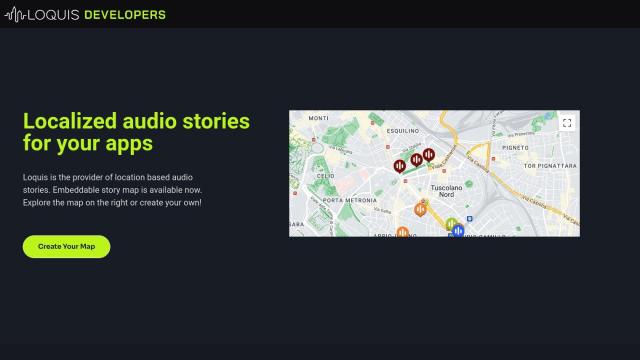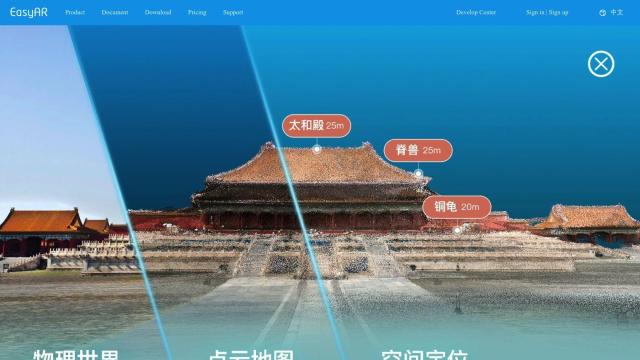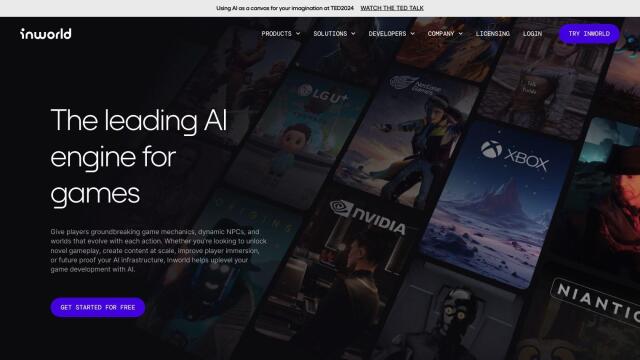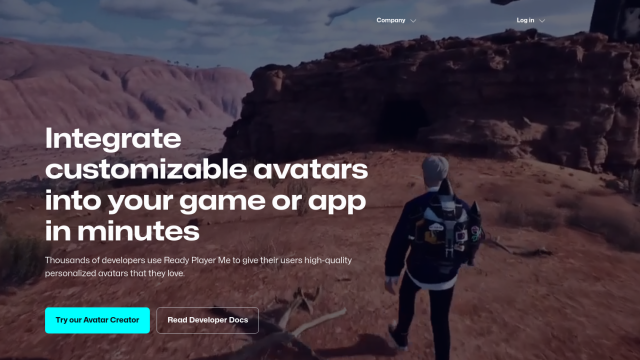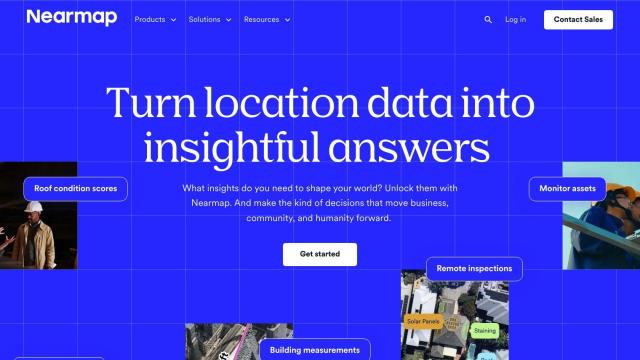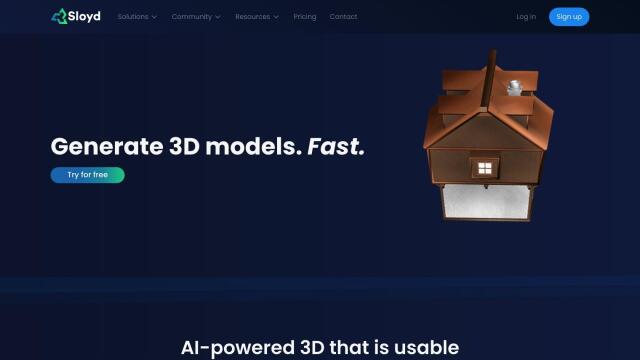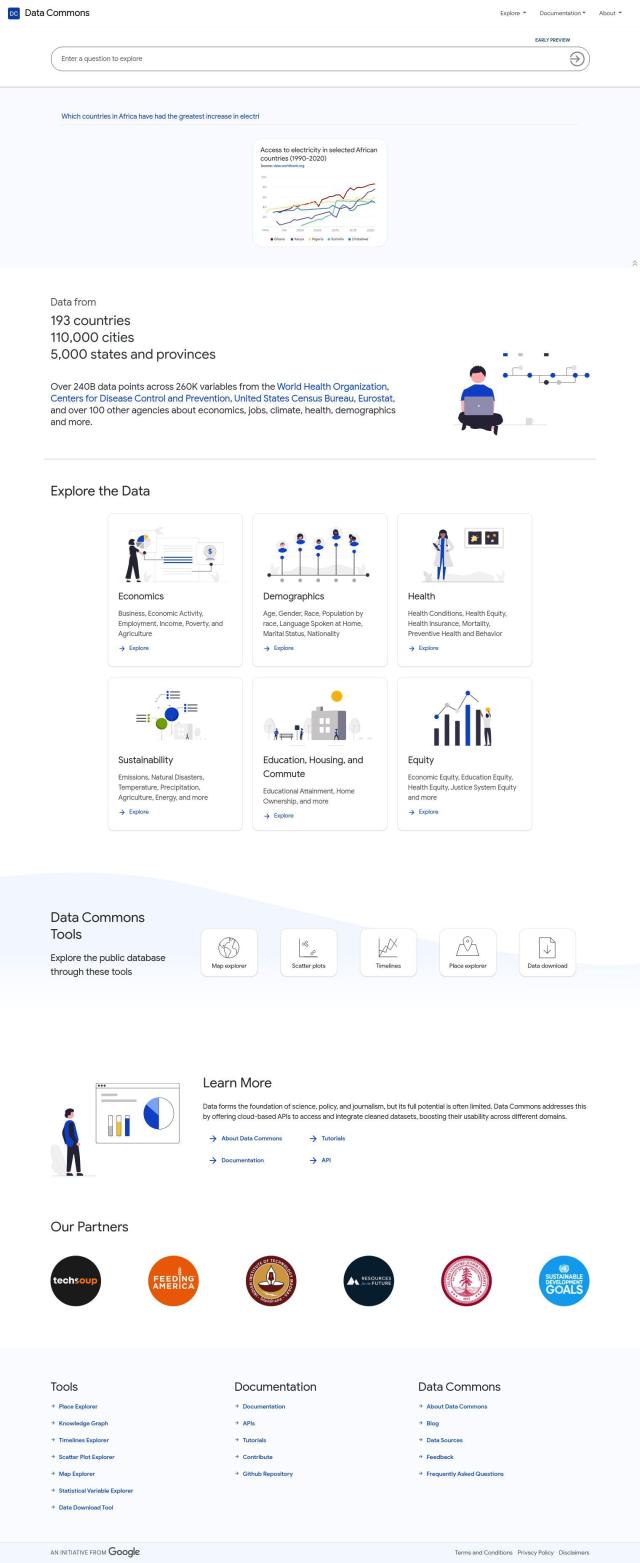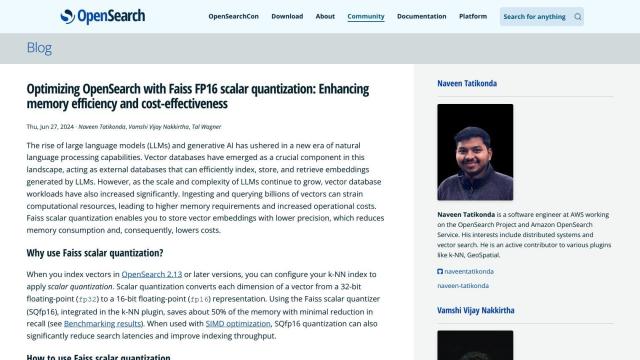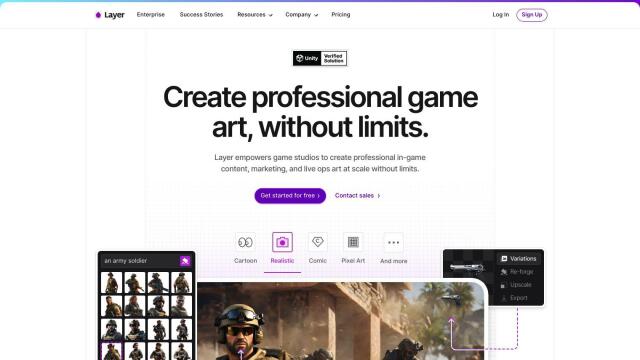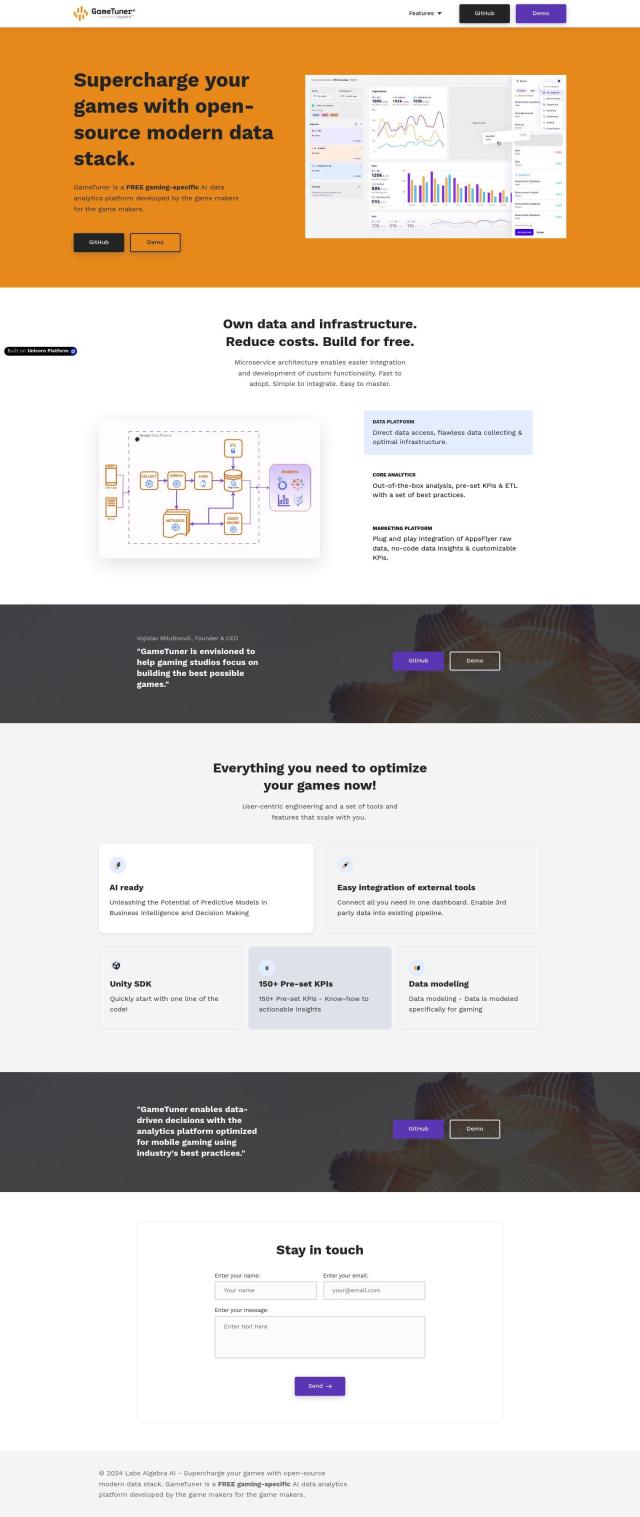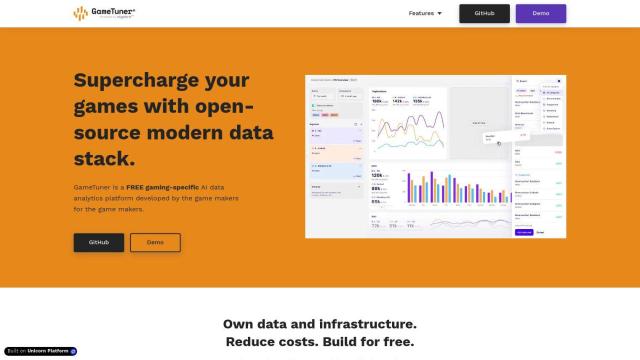Question: Do you know of a game engine that uses open-source data and user-generated content for geolocation games and apps?
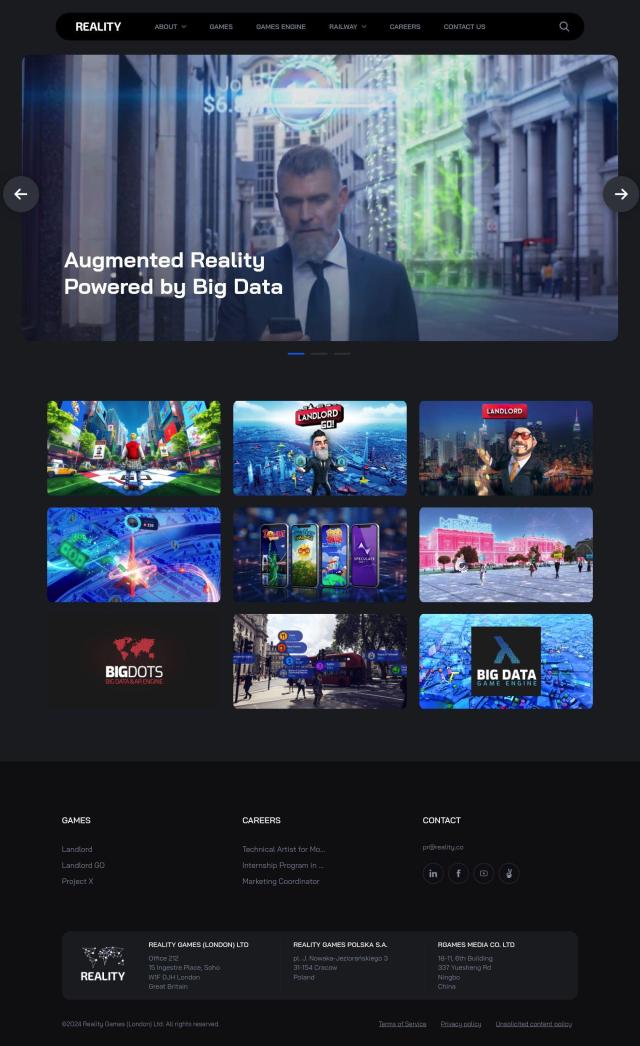

Reality
If you're looking for a game engine that taps into open-source data and user-generated content for geolocation games, Reality is a top candidate. The mobile gaming foundation combines real-world data, geolocation and augmented reality (AR) technology for games that are more immersive and engaging. It comes with tools like Big Dots, which aggregates open-source data and user-generated content, and AR Maps, a multilayered global database for AR games. That makes it a good foundation for games that are both location-aware and interactive.

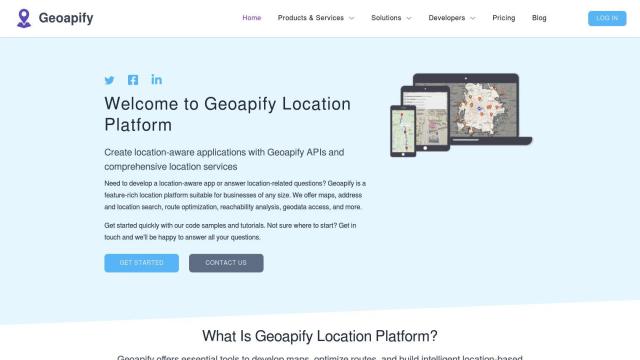
Geoapify
Another strong contender is Geoapify, a full location platform that offers APIs for building location-based apps. It offers sophisticated mapping, geocoding, routing and spatial analysis tools, all based on open data sources for the freshest results. Geoapify is geared for developers who want to build interactive maps and optimize routes, with features like customizable maps, address search and route optimization, but it can be used for geolocation games and apps, too.


mod.io
For incorporating user-generated content into games, mod.io is a good option. It lets game developers let players easily add mods into their games, with features like content moderation, monetization options and live metrics and insights dashboards. The service is designed to integrate with popular game engines like Unity and Unreal Engine, so it's a good option for game developers who want to tap into the power of user-generated content.

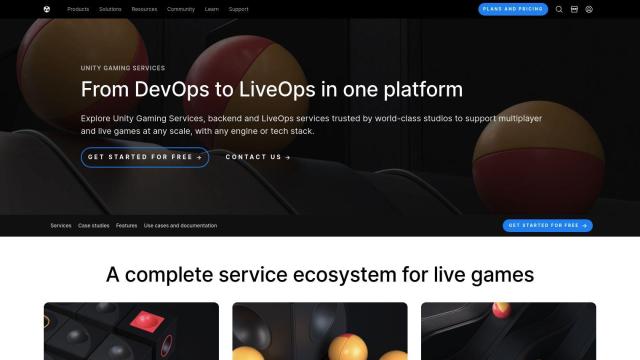
Unity
And Unity offers a wide range of tools and services for game development, including multiplayer networking, backend programming and live operations. It works with other game engines besides Unity, and it offers scalable hosting, content management and analytics. Unity's feature set is broad and its pricing flexible, so it's a good option for developers who want to build a wide range of geolocation-based games and apps.


